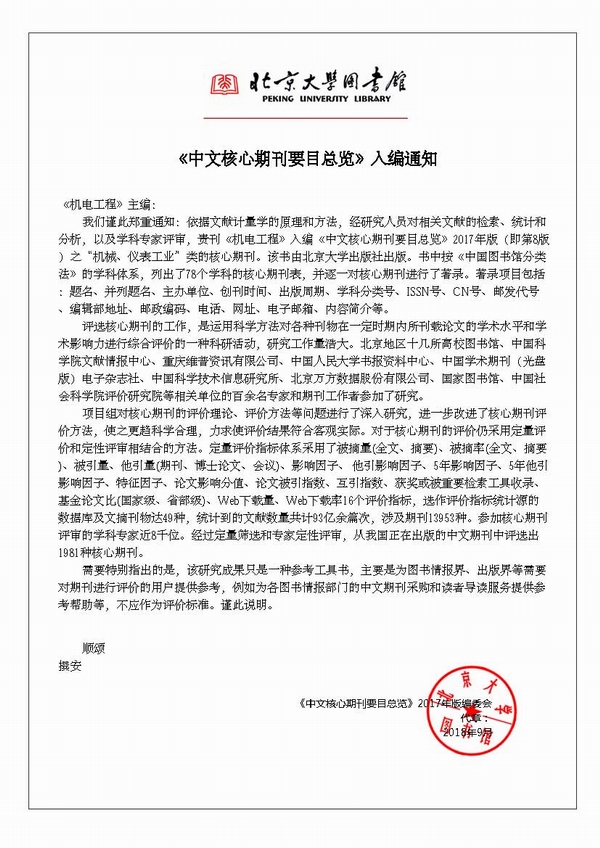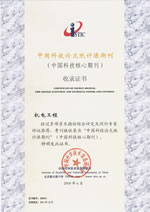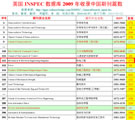
Founded in 1971 >
Chinese Sci-tech Core Periodicals >
British Science Abstracts (SA, INSPEC) Indexed Journals >
United States, Cambridge Scientific Abstract: Technology (CSA: T) Indexed Journals >
United States, Ulrich's Periodicals Directory(UPD)Indexed Journals >
United States, Cambridge Scientific Abstract: Natural Science (CSA: NS) Indexed Journals >
Poland ,Index of Copernicus(IC) Indexed Journals >
International Standard Serial Number:
ISSN 1001-4551
Sponsor:
Zhejiang University;
Zhejiang Machinery and Electrical Group
Edited by:
Editorial of Journal of Mechanical & Electrical Engineering
Chief Editor:
ZHAO Qun
Vice Chief Editor:
TANG ren-zhong,
LUO Xiang-yang
Tel:
86-571-87041360,87239525
Fax:
86-571-87239571
Add:
No.9 Gaoguannong,Daxue Road,Hangzhou,China
P.C:
310009
E-mail:
meem_contribute@163.com
LIU Caixia
(Baotou Vocational & Technical College, Computer Numerical Control Technology Department, Baotou 014030,China)
Abstract: Aiming at the problem of poor quality of path planning for mobile robots, a path planning method of PSO algorithm based on fuzzy reasoning technology was proposed, which focuses on environment modeling, fitness function establishment and algorithm selection. Firstly, the obstacles were extended and the simplified environment model was established by coordinate transformation. Secondly, based on the analysis of the influence of the fixed inertia factor ω and the learning factor c1 and c2 on the performance of the traditional PSO algorithm, an improved PSO algorithm was proposed, c1 and c2 were adaptively and dynamically adjusted by using the fuzzy reasoning technology. Finally, the improved PSO algorithm was applied to improve the path planning of mobile robot. The results indicate that, compared with the traditional PSO and APSO algorithm, the improved algorithm improves the path length, smoothness and running time at least by 17%, 14% and 7% respectively in complex environment, which verifies the feasibility and efficiency of the algorithm in path planning.
Key words: mobile robot; particle swarm algorithm; fuzzy Inference; path planning







